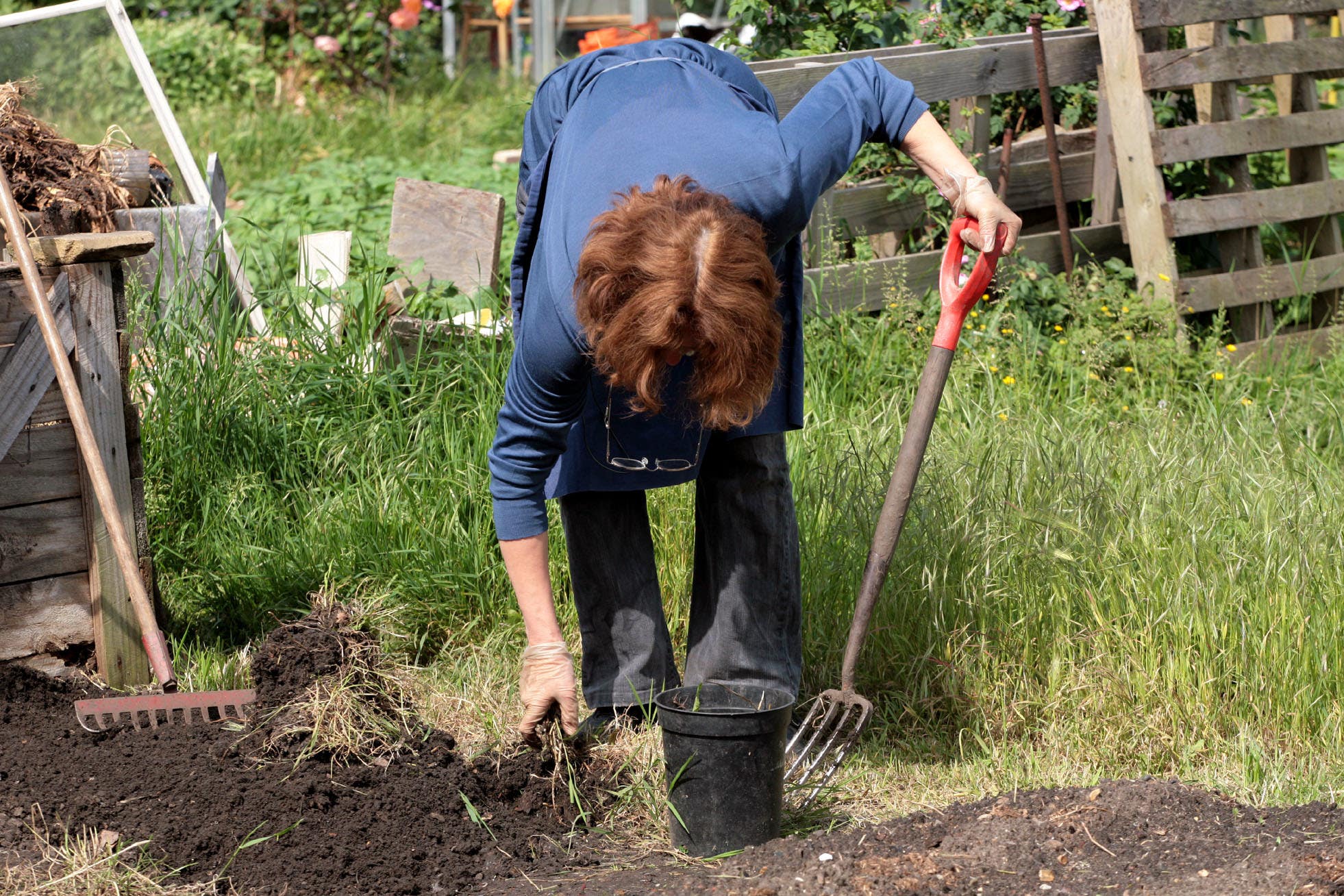Study finds scant evidence behind social prescribing workers
Researchers call for more work to assess the benefits of social prescribing link workers.

There is little evidence that so-called “social prescribing link workers” improve social support or ease the burden on overstretched GP services, a new review has concluded.
The new analysis, published in the journal BMJ Open, found scant evidence to support the benefits of social prescribing link workers, who connect people to community groups and statutory services for practical and emotional support.
The NHS in England previously set a goal to have 900,000 people referred to social prescribing by 2023/24.
There is an absence of evidence for social prescribing link workers
It said that “social prescribing works for a wide range of people”, including those with long-term conditions; those who need mental health support; those who are lonely or isolated, and those with “complex social needs”.
Link workers can refer people to a wide range of services from local charities and support networks, job centres, social care services, health services and other emergency services.
In some instances this can be “green social prescribing” which could include being referred to local walking groups or community gardening and food-growing projects.
Estimates suggest that hundreds of social prescribing link workers are now employed by the NHS in England.
The new review, led by RCSI University of Medicine in Dublin, Ireland, set out to “establish the evidence base” behind employing these workers.
It conducted a systematic review, searching medical journal databases to quantify the effects on health outcomes among people who use social prescribing and the costs of the link workers.
Eight studies involving 6,500 participants were included in the analysis.
Four reported “no impact on health-related quality of life”.
Another four reported mental health outcomes, with three reporting “no impact”.
But two US studies found improved care ratings and reduced hospital admissions among people with more than one long-term condition from deprived areas who had received some form of social prescribing.
But the authors said that the certainty of the evidence was “low or very low”.
“There is an absence of evidence for social prescribing link workers,” the authors concluded.
“Policymakers should note this and support evaluation of current programmes before mainstreaming.”
James Sanderson, director of community health and personalised care at NHS England, said: “Giving people more control over their own health and care is an important part of the NHS long-term plan – these roles can help empower patients to look after their own physical and mental health as well as reducing demand on health and social care services.
“While Manchester University has been commissioned to lead a three-year study to evaluate the effectiveness and impact of these roles, recent studies from the RCGP (Royal College of GPs) indicate that more than half of GPs think social prescribing can help reduce their workload.”
Bookmark popover
Removed from bookmarks